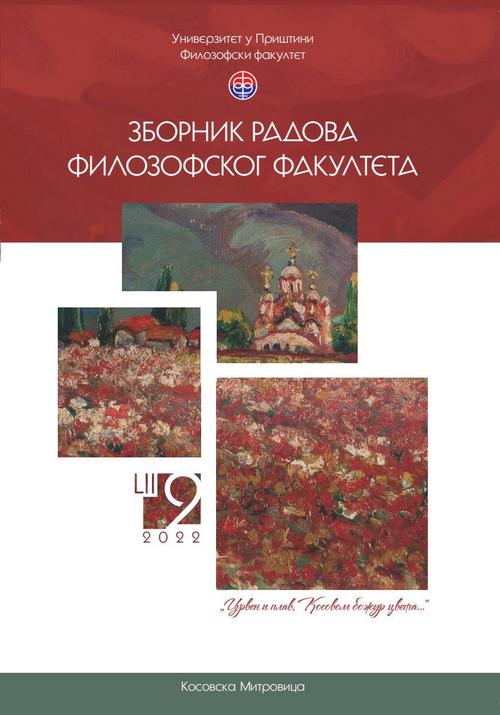Општа схватања о грађанском друштву
General Perceptions of Civil Society
Author(s): Iljaz A. OsmanlićSubject(s): Sociology
Published by: Филозофски факултет, Универзитет у Приштини
Keywords: civil society; liberalism; neo-liberalism; Christianity; supports; natural state; society; citizen
Summary/Abstract: The first idea of civil society was encountered in the ancient Greek philosopher, Aristotle. He defined a state as a community of citizens voluntarily united for the sake of a happy life. The first interpretation of the dualism of the political community and society was found in the works of the Christian scholars St. Augustine and Thomas Aquinas. First concepts of civil society in Hobbes’ teachings are presented in his work Leviathan. He starts from the so-called illusory condition, which is characterized by a war of all against all. Another concept of civil society is presented by John Locke. Unlike Hobbes, Locke apparently defined it as a state of peace, goodwill, mutual assistance, and maintenance. Early liberal theories of civil society base their teaching on the limitation of state power i.e., that civil society has the ability to conduct its own affairs, which limits the state interference. Hegel’s conception of civil society is determined by the position of the citizen in the state. Citizens are private individuals who have their own interests for specific purposes. Neo-liberal theory of civil society appeared in the early 20th century. The cause of the intensifying debate about the relationship between society and state in the mid-20th century is the danger that the civil society is in from excessive political intervention of the state. Predecessors in the framework of the contemporary approach pointing to this danger were John Stuart Mill and Alexis de Tocqueville, and Robert Nozick.
Journal: Зборник радова Филозофског факултета у Приштини
- Issue Year: 52/2022
- Issue No: 2
- Page Range: 401-415
- Page Count: 15
- Language: Serbian

